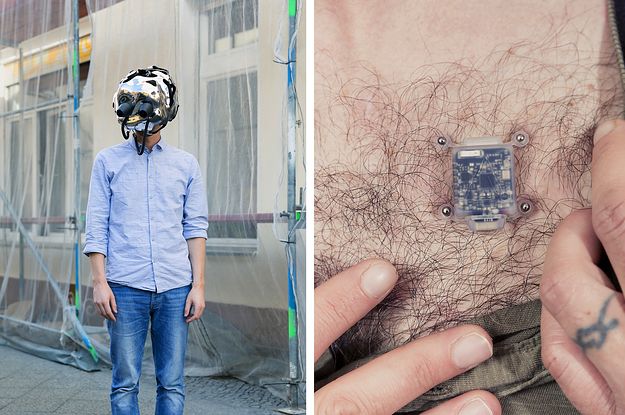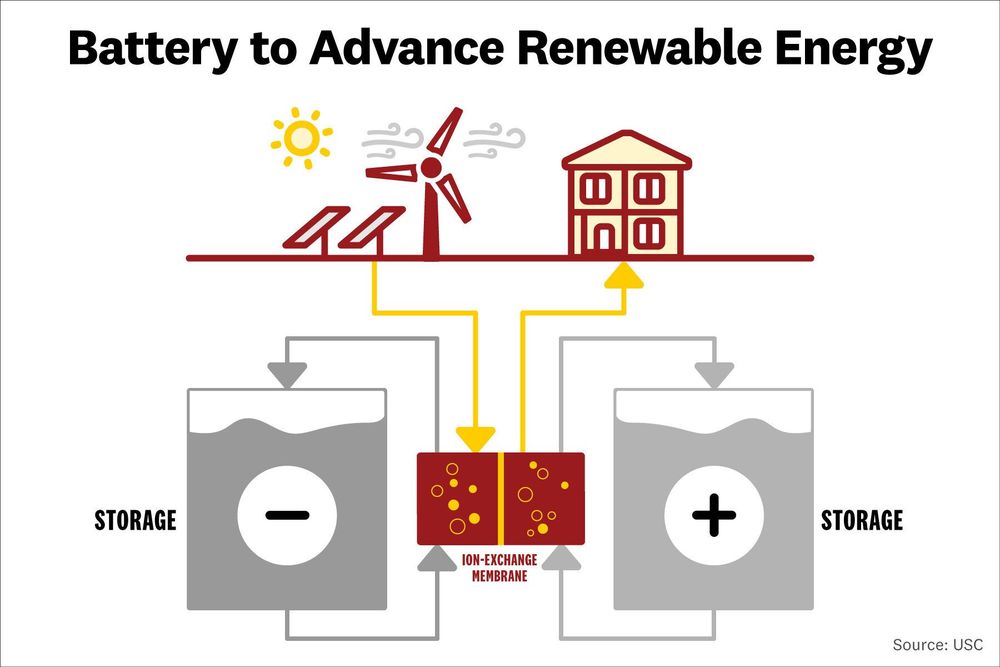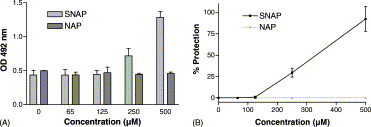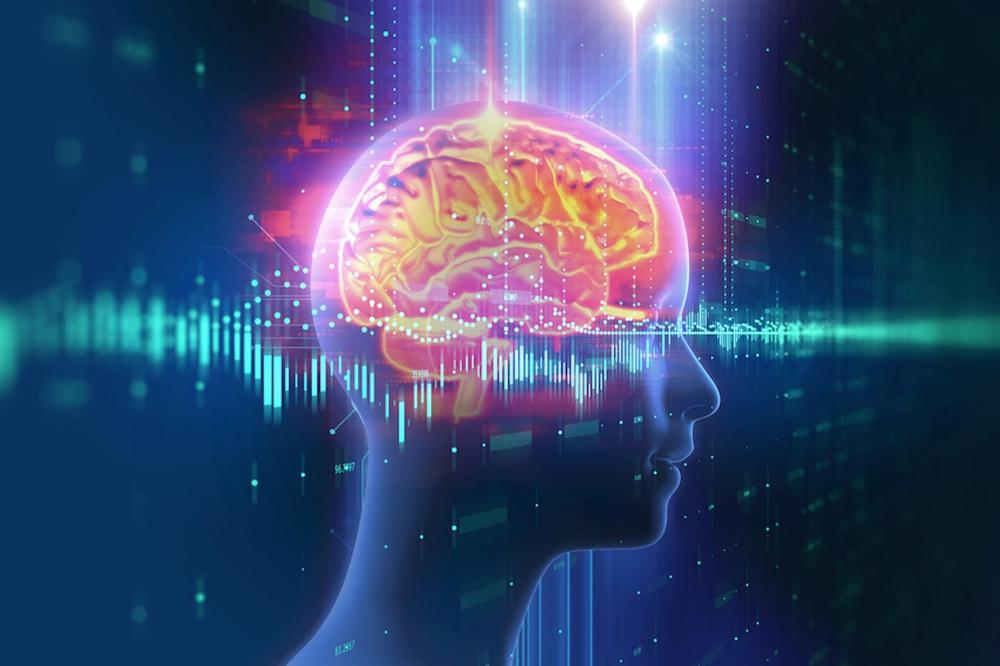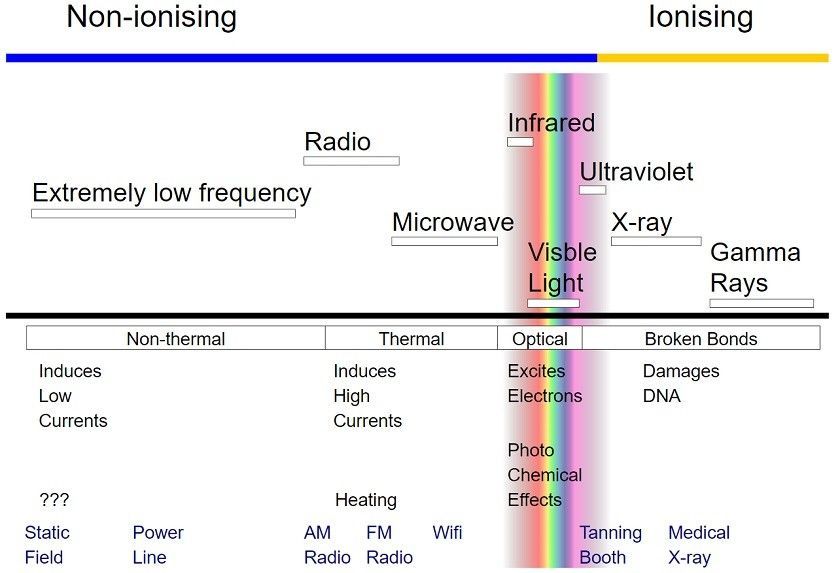Many virus infections elicit vigorous host immune responses, both innate and acquired. The immune responses are frequently successful in controlling and then clearing the virus, using both cellular effectors such as natural killer (NK) cells and cytolytic T lymphocytes and soluble factors such as interferons (IFNs). However, some immune responses lead to pathologic changes or are unable to prevent the pathogen’s growth. This review will not be devoted to the different strategies viruses have taken to promote their transmission or survival but rather to one aspect of the innate immune response to infection: the role of nitric oxide (NO) in the antiviral repertoire. Recently, data from many laboratories, using both RNA and DNA viruses in experimental systems, have implicated a role for NO in the immune response. The data do not indicate a magic bullet for all systems but suggest that NO may inhibit an early stage in viral replication and thus prevent viral spread, promoting viral clearance and recovery of the host.
The earliest host responses to viral infections are nonspecific and involve the induction of cytokines, among them, IFNs and tumor necrosis factor alpha (TNF-α). Gamma IFN (IFN-γ) and TNF-α have both been shown to be active in many cell types and induce cascades of downstream mediators (reviewed in references 25, 34, and 41). Others have found that NO synthase type 2 (NOS-2, iNOS) is an IFN-γ-inducible protein in macrophages, requiring IRF-1 as a transcription factor (12, 17). We have observed that the isoform expressed in neurons, NOS-1, is IFN-γ, TNF-α, and interleukin-12 (IL-12) inducible (20). Thus, NOS falls into the category of IFN-inducible proteins, activated during innate immune responses.
NO is produced by the enzymatic modification of l-arginine to l-citrulline and requires many cofactors, including tetrahydrobiopterine, calmodulin, NADPH, and O2. NO rapidly reacts with proteins or with H2O2 to form ONOO−, peroxynitrite, which is highly toxic (Fig. (Fig.1). 1 ). NO also readily binds heme proteins, including Hb and its own enzyme.
